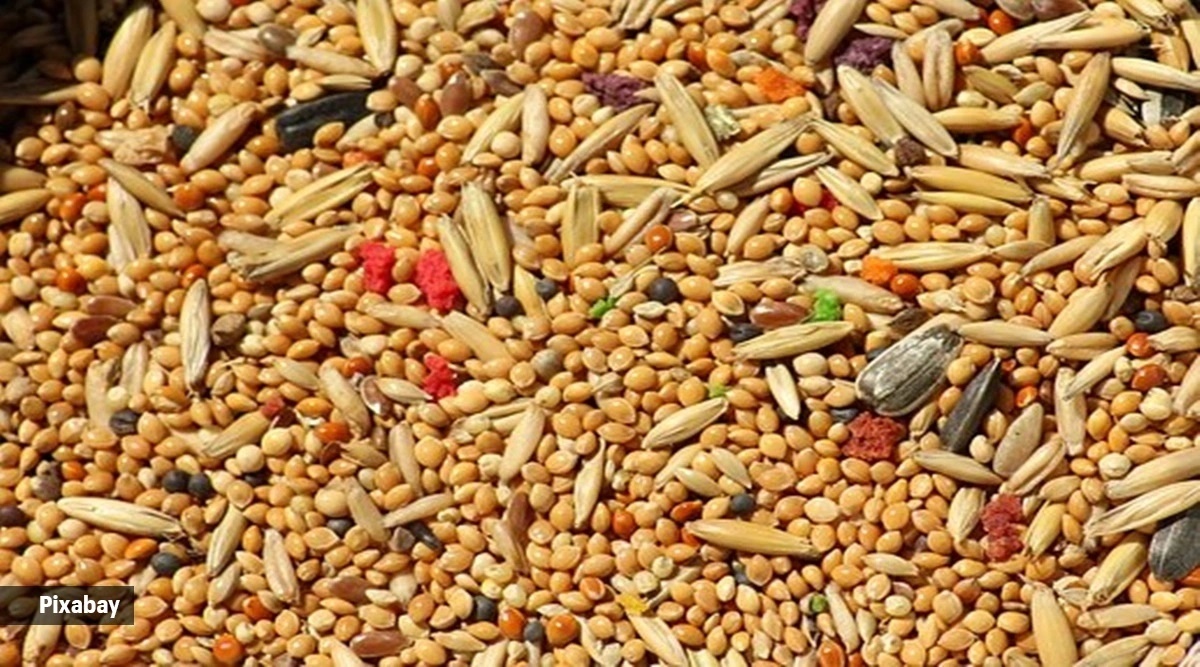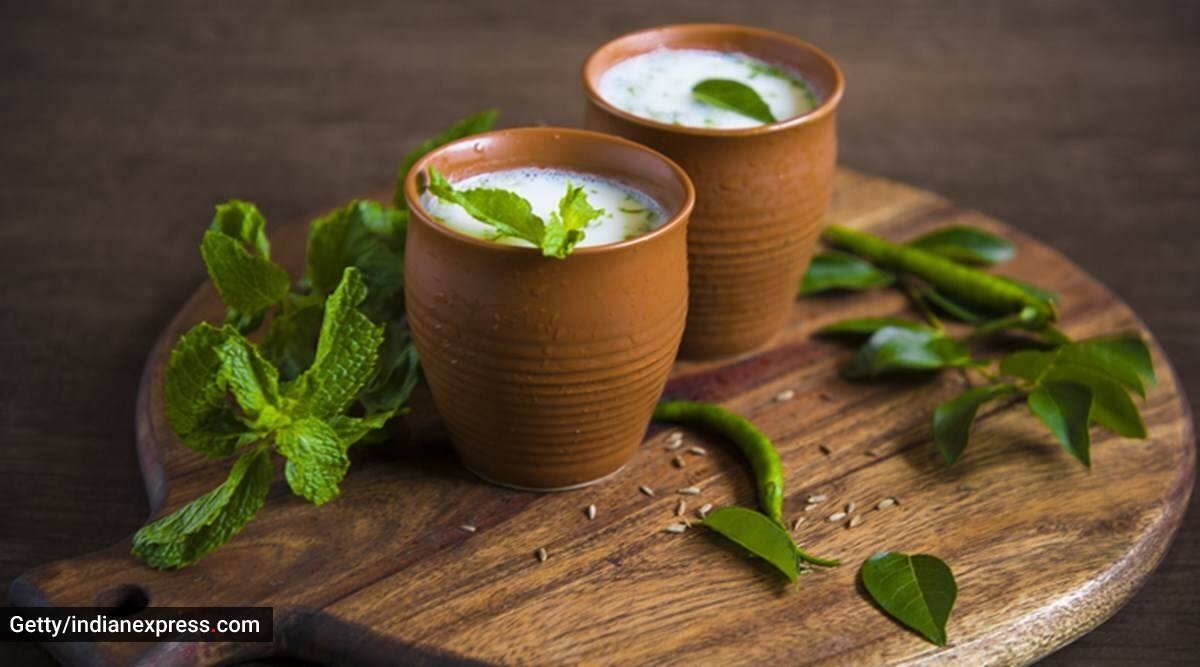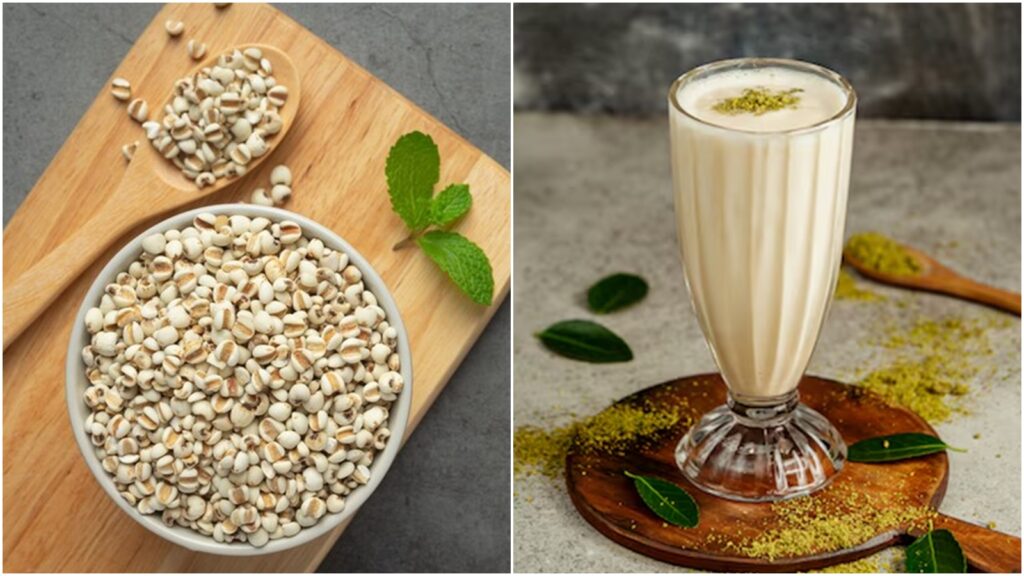Have you ever felt overwhelmed by the shelves of imported “superfoods” lining your supermarket shelves? These exotic ingredients may certainly be appealing, but are they really necessary for a healthy diet in India? The answer is surprisingly “no”!
Dispel the myth that good health requires expensive imported ingredients. Dr Vedika Premani, clinical nutritionist at Sir HN Reliance Foundation Hospital, Mumbai, recommends nine tasty, nutritious desi (local) foods that can be used as alternatives to trendy bidesi (foreign) foods. From buttermilk to bajra, learn how to indulge in Indian cuisine while boosting your health by incorporating local ingredients.
1. Guacamole and avocado toast: an Indian twist
Skip the avocado! Mashed peas are a similar texture, affordable, protein-packed alternative, says Premani. To make a creamy spread, mix yogurt with cucumber, which is rich in probiotics and packed with essential fatty acids, she adds.
2. Eat local berries for antioxidants
Skip the imported blueberries. India is home to a wealth of antioxidant-rich berries. Include mulberries, wood apples (jamun) and Indian gooseberries (amla) in your diet. These local delicacies can be enjoyed as drinks, desserts, jams or in refreshing fruit salads.
3. Millet: a great alternative to quinoa
 Reasons to eat millet (Source: Pixabay)
Reasons to eat millet (Source: Pixabay)
Quinoa may be trendy, but millet such as bajra and amaranth are strong alternatives that are readily available in India. These indigenous grains have a similar texture and nutritional value to quinoa and are rich in fiber, iron, magnesium and selenium.

4. The power of leafy greens: Substitute local kale
While kale is becoming more popular, Premani says don't underestimate the power of readily available greens like spinach, fenugreek and mustard greens. These locally grown vegetables are similar in taste and nutrition to kale and are rich in vitamin A, magnesium, copper and selenium.
5. Flaxseeds and basil seeds: Omega-3 powerhouses
Chia seeds can be substituted with homemade alternatives like flaxseeds or basil seeds, all three of which are high in fiber and omega-3 fatty acids and add texture to smoothies, yogurt, salads and desserts.
6. Dairy alternatives: embrace desi options

While almond milk may be a popular choice, Premani says to also explore coconut, soy, and rice milk: Medium-chain triglyceride-rich coconut milk, protein-rich soy milk, and easy-to-digest, low-fat rice milk are all great dairy alternatives for cooking and baking.
7. Fermented Deliciousness: India's Alternative to Kombucha
Skip the kombucha trend: India has its own unique fermented foods: rice kunji and buttermilk. Rice kunji is a fermented drink traditionally drunk in the summer for its cooling properties, and it's a natural probiotic that aids digestion and keeps you hydrated.
 Who doesn't love a chilled glass of Chaaasu? (Source: Getty Images/Thinkstock)
Who doesn't love a chilled glass of Chaaasu? (Source: Getty Images/Thinkstock)
8. Fenugreek Leaves: A Flavorful Indian Herb
Premani recommends using dried fenugreek leaves instead of thyme or oregano: These iron-rich leaves add a similar flavor to stews and roasted vegetables.
9. Kokum: Digestive Strength
Ditch the dried cranberries and try kokum, a fruit native to India. Known for its digestive properties, kokum helps relieve acidity and constipation, says Premani. It's a great alternative to dried cranberries and adds a unique twist to dishes.
Incorporating these local alternatives is not only better for your health, but it also means you're supporting local farmers while enjoying Indian cuisine, so the next time you're tempted by trendy superfoods, be sure to seek out these desi options waiting to be discovered in your own kitchen.
© IE Online Media Services, Inc.
First uploaded on: May 26, 2024 11:29 IST



